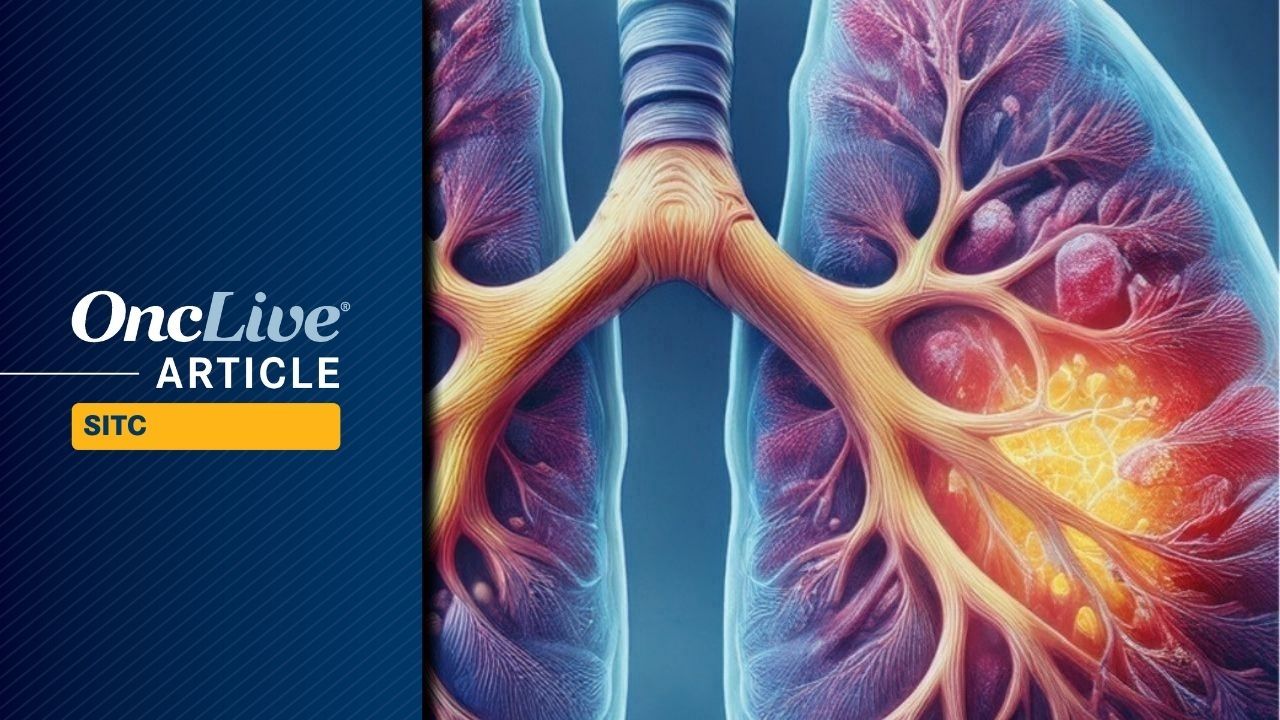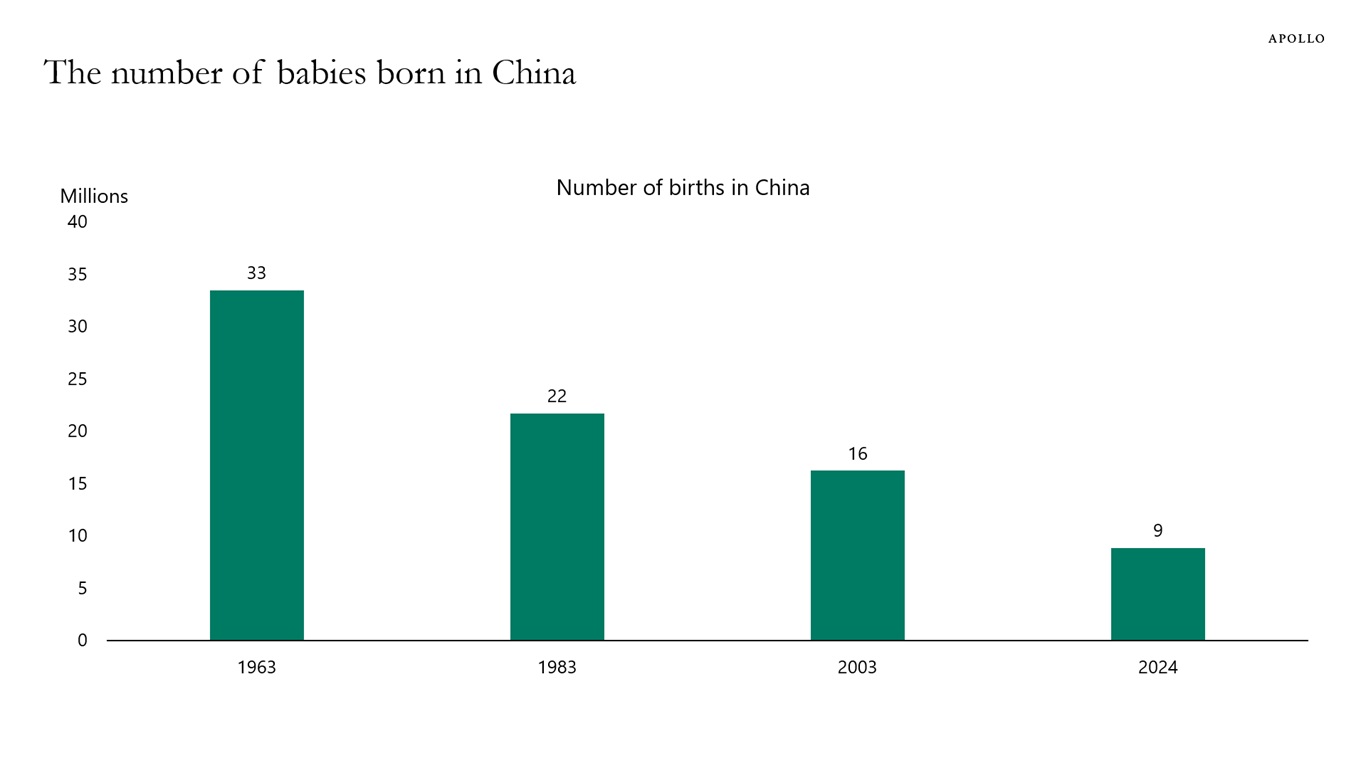High valuations for artificial intelligence (AI) stocks were the focus of the market this week, with fears of a potential AI bubble capping investor sentiment. But the view on Wall Street is still that several tech stocks offer strong fundamentals and are delivering rapid, AI-induced growth, justifying their sky-high valuations.
The recommendations of top Wall Street analysts can help investors find attractive AI stocks displaying robust long-term growth outlooks.
Here are three stocks favored by the Street’s top pros, according to TipRanks, a platform that ranks analysts based on their past performance.
Amazon
E-commerce and cloud computing giant Amazon (AMZN) recently impressed investors with its upbeat Q3 results. Accelerating growth in the Amazon Web Services (AWS) cloud unit confirmed the Street’s faith in Amazon’s expansion into artificial intelligence.
In reaction to the solid Q3 print and the recently-announced deal with OpenAI, Mizuho analyst Lloyd Walmsley increased his price forecast for Amazon to $315 from $300 and reiterated a buy rating. TipRanks’ AI Analyst is also bullish on AMZN stock, with an “outperform” rating and a price target of $276.
Walmsley said that the Q3 performance, OpenAI deal and positive outlook for Amazon’s Trainium chips made him more optimistic toward AWS’s long-term growth. In fact, the 5-star analyst expects acceleration in AWS revenue growth from 20% in Q3 to 21% in Q4 2025 and 22% in the first quarter of 2026. He expects AWS revenue to rise by 23% to $157 billion in the full year 2026, followed by a 22% increase to $192 billion in 2027 — above the Street’s expectations of $154 billion and $185 billion for 2026 and 2027, respectively.
“We believe investors continue to rotate into AMZN shares given a valuation well below its historic ranges and positive news likely to continue into the AWS ReInvent Conference in early December,” said Walmsley.
The analyst’s bullish investment thesis is also based on the cost-to-serve improvements in Amazon’s retail business, driven by automation in fulfillment centers and an enhanced logistics network.
Walmsley ranks No. 103 among more than 10,100 analysts tracked by TipRanks. His ratings have been successful 64% of the time, delivering an average return of 27.5%. See Amazon Insider Trading Activity on TipRanks.
Alphabet
This second stock pick is Google- and YouTube owner Alphabet (GOOGL). The company reported better-than-expected third-quarter results, with AI driving solid momentum in its cloud business.
Impressed by the Q3 performance, JPMorgan analyst Doug Anmuth raised his price target for Alphabet to $340 from $300 and reaffirmed a buy rating. In comparison, TipRanks’ AI Analyst has a price target of $316 with an “outperform” rating on GOOGL.
Anmuth highlighted that Q3 marked the first time that Alphabet’s quarterly revenue crossed the $100 billion mark. The top-rated analyst noted Alphabet’s robust performance in the third quarter, with double-digit growth across every major business.
Interestingly, Anmuth believes that Q3 results and favorable insights on AI search formats could change investors’ views toward Google’s AI search transition. Alphabet noted AI-induced acceleration in query growth and paid clicks, while Anmuth noted that industry conversations indicate that paid clicks using Google’s AI Overviews (AIO) and AI Mode (AIM) features are driving higher conversion rates.
“Overall, the AI search transition has been viewed as the greatest risk to Google, but additional signs that AI search is more opportunity than threat will continue to flip the narrative,” said Anmuth.
The analyst is also encouraged by the surge in Google Cloud’s backlog to $155 billion. He contends that the figure doesn’t include all the gains from the recently announced expansion of GOOGL’s partnership with Anthropic, implying a further increase in the backlog at the end of the fourth quarter. Overall, Anmuth is confident about Alphabet’s prospects and said it remains JPMorgan’s Top 2 idea, behind only Amazon.
Anmuth ranks No. 113 among more than 10,100 analysts tracked by TipRanks. His ratings have been profitable 63% of the time, delivering an average return of 22%. See Alphabet Ownership Structure on TipRanks.
Advanced Micro Devices
The third tech giant this week is chipmaker Advanced Micro Devices (AMD), which delivered strong results in the third quarter of Fiscal 2025. AMD attributed stronger earnings and revenue to its expanding compute business and fast-growing AI data center segment.
In reaction, Stifel analyst Ruben Roy increased his price target for AMD to $280 from $240 and reiterated a buy rating. With a price target of $285, TipRanks’ AI Analyst has an “outperform” rating on AMD stock.
Roy noted that AMD’s Q3 top line was driven by strength across the company’s data center, AI, server and PC businesses. The 5-star analyst highlighted management’s optimism toward continued momentum in Q4 FY25, with revenue expected to grow 25% year-over-year to $9.6 billion. AMD expects Q4 revenue growth will be supported by strong performances in its data center, client and embedded businesses, partially offset by a double-digit decline in the gaming segment.
Interestingly, Roy believes that AMD’s performance in the near-term is being fueled more by increasing demand for server central processing units and continued share gains in client CPUs rather than data center AI graphics processing units. The analyst expects AMD’s data center AI GPU business to increase to a range of $6 billion to $6.5 billion in FY25, versus a prior estimate of $5 billion.
“Looking ahead, we continue to believe that AMD is executing well as the company nears production shipments of the MI400/450 series GPUs and the Helios rack next year,” Roy said.
The analyst is also optimistic on AMD’s recently-announced deals with OpenAI and Oracle Cloud Infrastructure, saying they provide clarity on the longer-term growth outlook in its data center AI business. Roy awaits further insights from AMD about its technology roadmap and total addressable market (TAM) at an upcoming Analyst Day event on November 11.
Roy ranks No. 20 among more than 10,100 analysts tracked by TipRanks. His ratings have been profitable 71% of the time, delivering an average return of 34.4%. See AMD Statistics on TipRanks.








